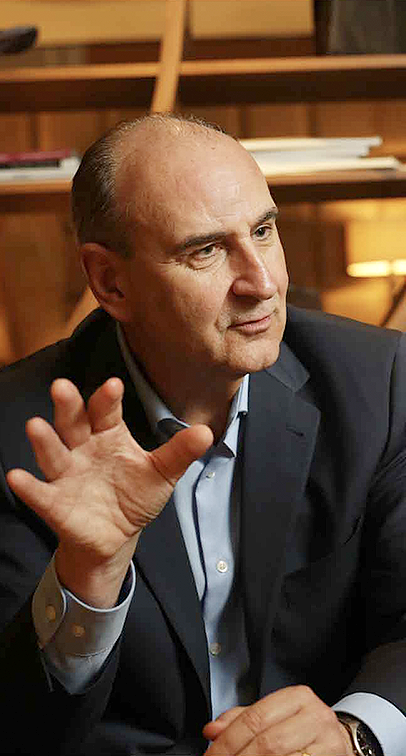THE WORLD’S #1 EXECUTIVE COACHING AND BUSINESS COACHING BLOG SINCE 2017.
The Biggest Drawbacks of Being a Successful Leader
April 6, 2022 | Category: Blog, Business Challenges
Successful leaders tend to be lonely, isolated, and cut off from support. While they give their employees support and inspiration, they can’t turn to anyone for these precious commodities. Leadership coaching can help you see these issues as challenges to overcome rather than inevitable drawbacks.
For a true leader, leadership doesn’t entail any drawbacks. It merely presents challenges to overcome and weaknesses to eliminate. That said, intelligent leaders understand they can never relax safe in the knowledge that they have “made it.”
Intelligent leadership is about continuous improvement. Leadership development can help leaders address the real or perceived drawbacks of successful leadership.
No matter how successful you are, leadership always finds ways to challenge you.
What are some of the cons of being a successful leader?
Successful leaders are often highly competitive. A competitive spirit can be instrumental in success, but it can also create friction in group settings and isolate leaders.
It Can Be Lonely at the Top
Leadership loneliness is not an isolated phenomenon. Rather than being an exception, it seems to be the rule.
Solitude is different from loneliness, and it is a godsend for many leaders. It grants them a much-needed mental respite, allowing them to digest their thoughts, give them structure, and devise plans.
In my leadership coaching books and blog posts, I always show appreciation for solitude and consider it an essential tool for creating positive change.
As a leadership coaching professional, I am aware that, unlike solitude, loneliness and isolation can have devastating effects on leaders. Why do leaders become isolated as they grow more successful?
The Pitfalls of Power Dynamics
Non-leadership personnel may desire promotions to obtain more autonomy. With a leadership transition comes more power, and with it, unexpected power dynamics.
Even if a newly minted leader does not find that much has changed, former peers notice differences immediately.
Leaders have trust banks in every organization and at every leadership level. They build their trust banks painstakingly by applying the principles of intelligent leadership, showing compassion, helping others, and maintaining a healthy, positive organizational culture.
New leaders start at zero. They may not realize how much their words and actions matter at this stage of their leadership. Executive coaching can help. A skilled coach can enlighten a new leader about the pitfalls of power dynamics by asking the right questions.
The Paradox of Infallibility
Intelligent leaders understand the value of vulnerability. The era of strong, authoritarian leadership is behind us. Intelligent leadership is about empowerment, honesty, vulnerability, and empathy. However, we still tend to see leaders as strong, confident entities that always have answers or at least ideas about how to get answers.
The burden of infallibility can be crippling.
The balance between being confident and vulnerable is delicate. The balancing act can leave leaders feeling isolated and lonely.
The burden of this balancing act forces leaders to feel like they always have to perform and prove their worth. If they overdo the vulnerability side of the conundrum, they risk appearing weak, undecided, and ineffective.
Lacking Support
Intelligent leaders are sources of inspiration and support for their followers. Though they can look for someone outside the organization as a source of inspiration, leaders find it difficult to get honest, empathic support. A lack of support can exacerbate feelings of isolation and loneliness.
Executive coaching can offer potentially outstanding solutions to this problem. It is the job of an executive coach to give leaders the support they need and help them discover their true leadership potential.
Doubts
We all worry about making mistakes. Sometimes we doubt whether what we do matters at all. Employees create value hands-on. They may find it easier to gain validation from their work.
A leader whose job is to make the “right” decision will find it more difficult to gain satisfaction. “Right” decisions are subjective. For perfectionists, they are elusive.
Leadership success hides many pitfalls and challenges. Leadership and business coaching can help individuals overcome these problems in creative and rewarding ways.






